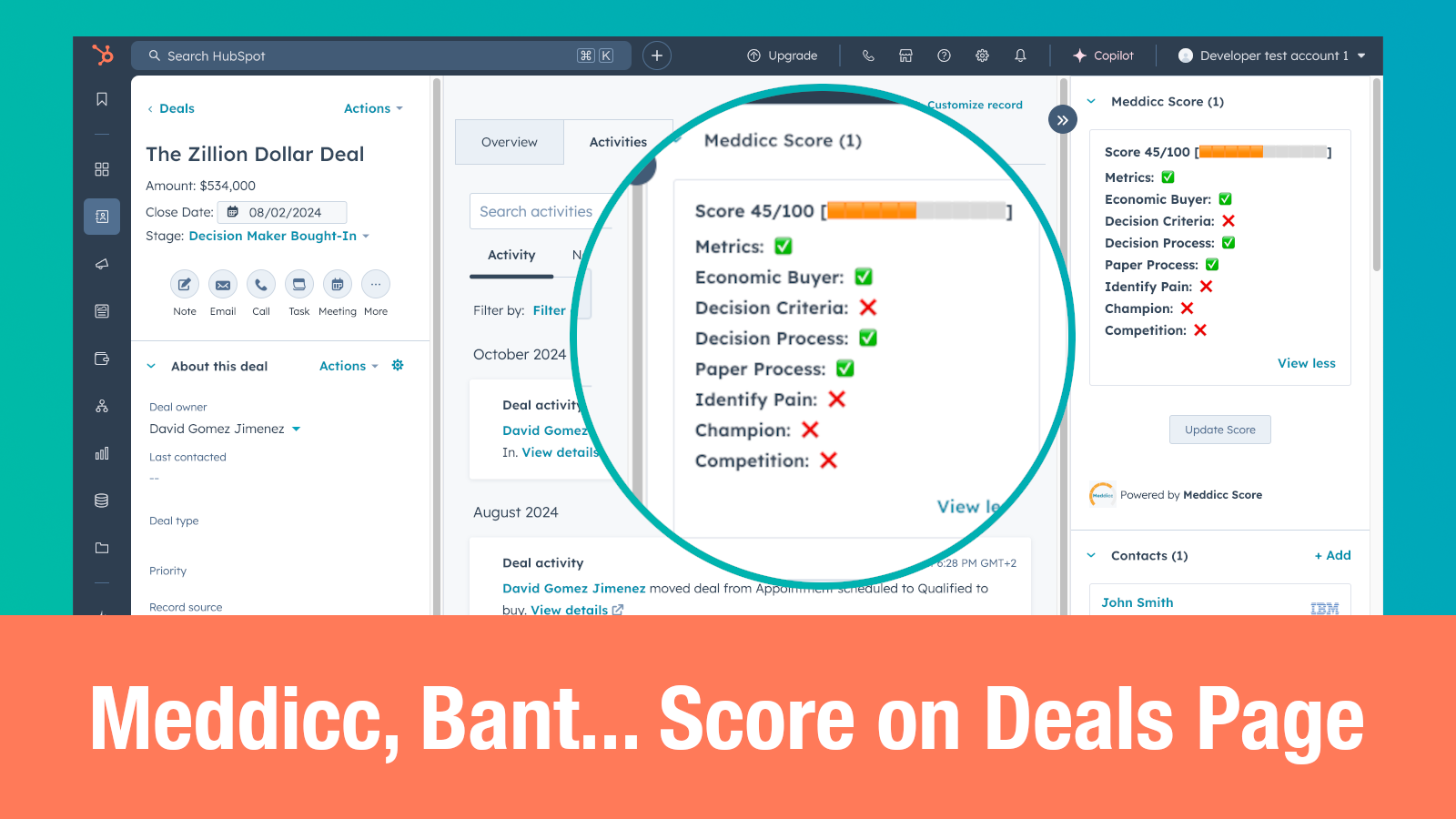Integrating Technology in Sales: Tools That Drive Efficiency and Results
In today’s fast-paced business landscape, integrating technology in sales is essential for driving efficiency and achieving outstanding results. With rapid advancements in sales technology, businesses are better equipped than ever to streamline processes, enhance productivity, and improve customer engagement. In this blog post, we will explore various tools for sales that help teams maximize their potential and drive efficiency.
The Importance of Sales Technology
Before diving into specific tools, let’s briefly examine why sales technology is vital for modern businesses:
- Enhanced Productivity: Sales technology automates repetitive tasks, allowing sales teams to focus on selling rather than administrative work.
- Data-Driven Decisions: With the right tools, businesses can analyze customer data and sales trends, facilitating informed decision-making.
- Improved Customer Engagement: The integration of technology enables personalized communication, ultimately leading to stronger customer relationships.
Essential Tools for Sales
Here’s a list of must-have tools for sales professionals looking to drive efficiency and results:
1. Customer Relationship Management (CRM) Software
CRM software is at the heart of any sales technology stack. It helps businesses manage customer interactions, track sales activities, and analyze customer data. Some popular options include:
- Salesforce
- HubSpot
- Zoho CRM
These tools provide a comprehensive view of customer relationships, enabling teams to tailor their strategies accordingly.
2. Sales Automation Tools
Sales automation tools simplify and streamline the sales process by automating repetitive tasks such as follow-ups and email sequences. Key examples include:
- Outreach
- SalesLoft
- Pipedrive
By leveraging these tools, sales teams can increase efficiency and ensure consistent communication with prospects.
3. Lead Generation Software
Attracting new leads is crucial for sales growth. Lead generation software helps identify potential customers and track engagement. Consider these tools:
- LinkedIn Sales Navigator
- Hunter.io
- Leadfeeder
With effective lead generation tools, businesses can fill their sales pipeline with high-quality prospects.
4. Sales Analytics Solutions
Understanding sales performance is essential for continuous improvement. Sales analytics tools provide insights into key performance metrics, enabling teams to identify strengths and areas for growth. Popular options include:
- Tableau
- Google Analytics
- Databox
These tools help sales teams measure effectiveness, forecast sales, and refine their strategies based on real-time data.
5. Communication and Collaboration Tools
Effective communication is vital for sales success. Tools that facilitate collaboration and communication can enhance team dynamics and improve sales outcomes. Top tools in this category include:
- Slack
- Microsoft Teams
- Zoom
By integrating these communication platforms, sales teams can share insights and align their efforts, ultimately driving efficiency.
Conclusion
Integrating technology in sales has become a necessity for companies aiming to stay competitive and adapt to changing market dynamics. By leveraging tools for sales such as CRM systems, sales automation, lead generation software, analytics solutions, and collaboration platforms, businesses can drive efficiency and achieve remarkable results. Embrace these technological advancements to empower your sales team and unlock their full potential in the marketplace.
Remember, the right sales technology not only enhances productivity but also fosters stronger connections with customers, laying the groundwork for long-term success. Start integrating these tools today and watch your sales results soar!




